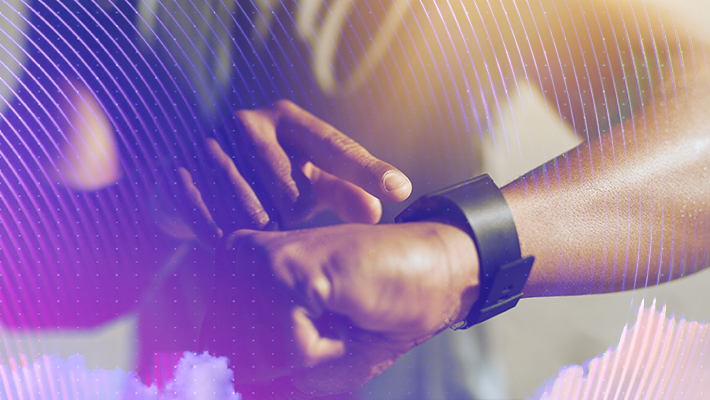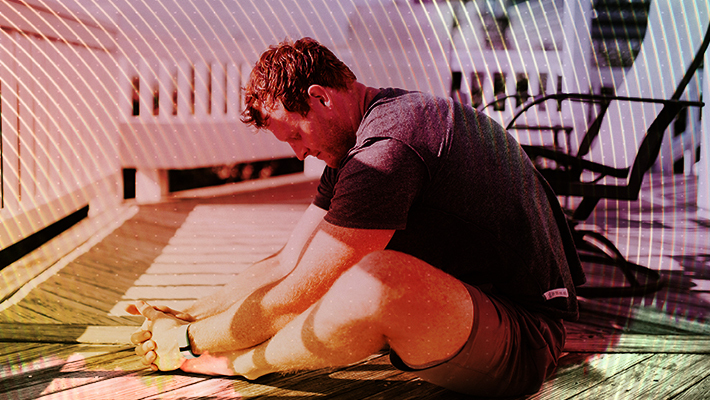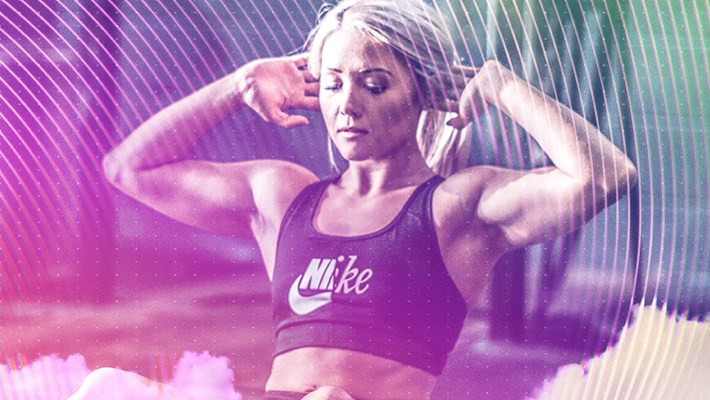Look up “how to be healthier” or “how to get fit” and the majority of entries are going to be about intense training regimes or divergent diet plans. Implementing these new methodologies to your weekly routine can require systemic changes to your lifestyle, schedule, grocery buying, and many, many gym visits. But one fundamental way to vastly improve your overall health and give you a longer life expectancy is to improve your quality of sleep.
Going to bed can seem simple on paper, and it essentially is, but for many getting a good night’s rest is a real struggle. The problem is that humans are creatures of habit and when we get into bad ones they can be difficult to break. For many, there are roadblocks that lie between them and the sheets in many forms — social media, streaming services, food choices, or social events.
These distractions are fine, perhaps even beneficial, when done in moderation. But when they start to affect our periods of deep sleep — the crucial time when we recover from the wear and tear of the day — changes need to be made. Here are a few small adjustments you can make to your nightly routine that will help you recover better so you can perform better the next day.
STICK TO A SLEEP SCHEDULE

One of the best, and easiest ways, to get better rest is to lock in on your natural sleep-wake cycle, the time that your body wants you to go down for the night. This process is known as your circadian rhythm and helps regulate your body’s production of melatonin, which is the most important hormone when it comes to sleep. Since this sleep-wake schedule is so crucial, you should do whatever you can to keep it intact. That means finding a reasonable time for you to go to bed at night and wake up every morning.
There are a few key ways that you can protect the circadian rhythm like avoiding sleeping in on the weekends because that will confuse your system. And to that same effect, significant naps should be avoided. That doesn’t mean that you have to cancel all naps but keep them no longer than 20 minutes.
GET OUTSIDE…EARLY

Getting back to melatonin, which is your gateway drug to a peaceful rest — it’s regulated by your eyes taking in light. Exposing your eyes to natural sunlight as early in the morning as possible is a great way to help your energy levels and get your mind ready to take on the day. Studies have shown that people who suffered from insomnia and exposed their eyes to bright natural or artificial light had improved rest and fell asleep faster. [Source]
REIN IN TECHNOLOGY USE
There are a number of reasons to pull away the phone or laptop a few hours before bed. For one, in this day and age work has a way of following us into the evening hours which makes it virtually impossible to wind down. On top of that, social media and streaming services are designed for the specific purpose of keeping us on them for as much of our evening hours as they can (to surface ads!). That’s not to say that you aren’t allowed to enjoy your favorite show, but it’s important to stay vigilant when adhering to your schedule and knowing how to shut off the television.
The blue light that comes from the screens of your technology is also disruptive, so getting off them as early as possible will benefit your sleep. If you need to be on your phone or laptop for some reason, try glasses that are developed to block out blue light like these from Lensabl. Otherwise, it can be helpful to put your phone away as you wind down — as another way to signal the end of the day. Perhaps you can use that time to read a book!
EAT AND DRINK SLEEP-SMART

How we sleep at night has a lot to do with how we start our day, and what we do nutritionally is a big part of that. Kicking off the morning with a nice healthy breakfast is a great way to tell your body it’s time to come online, and in reverse, if you skip breakfast you can see abnormalities in your blood sugar rhythm and an increase in stress, which can be disruptive to your sleep. Eating correctly throughout the day, including healthy snacks, is a great way to maintain good energy which will lead to better sleep.
As far as what you’re drinking it’s important to stop your caffeine intake from things like coffee before nightfall, and to limit your alcohol consumption, as it only takes a few drinks to alter your melatonin production. One last thing to consider is the after-dinner drowsiness that can come after a big meal. For the majority of people, going to bed immediately after eating their last meal of the day, and in fact, it is unwise to do so. In that pursuit, find something active to do once you’re done, like washing dishes or doing the laundry.
GET A GOOD WORKOUT IN

Everybody knows that one of the best ways to get someone ready for bed is to have them “tired out” by bedtime. It works with children and dogs, and it works for us as adults too. Finding a regular time to get some quality exercise that includes cardio — like bicycling or running — is a great way to make sure we’re looking forward to going lights out at the end of the day. The best course of action is to hit your sessions at some point during the day, and at least 4 hours before bedtime.
Check out a few great workouts that you can do anywhere here and here.







